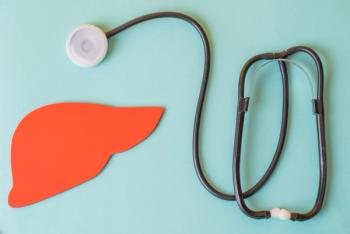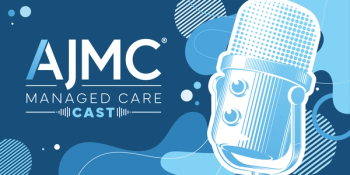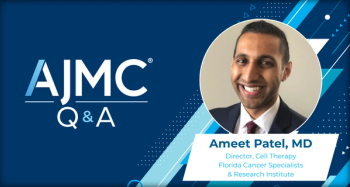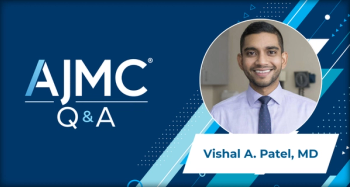
Balancing Cutting-Edge Therapies With Cost in Multiple Myeloma Treatment
Matias Sanchez, MD, assistant professor in the Department of Medicine at the University of Illinois Chicago, discussed recent advancements in multiple myeloma treatment, including the potential of cell therapies and bispecific antibodies.
In a recent interview, Matias Sanchez, MD, assistant professor in the Department of Medicine at the University of Illinois Chicago, discussed notable advancements in the treatment of multiple myeloma. He also expressed excitement about the potential of cell therapies and bispecific antibodies in
Sanchez participated in a panel discussion on best practices in multiple myeloma care at a recent Institute for Value-Based Medicine® event in Chicago.
This transcript has been lightly edited for clarity.
Transcript
What are some of the most notable advancements you’ve seen in the treatment of multiple myeloma in recent years, and how have they impacted patient outcomes?
We've seen great achievements. I think one of the most important ones has been the addition of the anti–CD-38 monoclonal antibodies, and adding them to the backbone of RBD [lenalidomide (Revlimid), bortezomib, and dexamethasone] or KRD [carfilzomib (Kyprolis), lenalidomide, and dexamethason] previous treatments. With those [as] induction chemotherapy, we've had the greatest responses that we've ever seen in multiple myeloma. So I think that has certainly affected the outcome in terms of response rates, progression-free survival, and hopefully overall survival in the future. We're excited to see that. Additionally, cell therapies and bispecifics are very interesting therapies. So we're excited to see myeloma [treatments] moving there as well.
How do you approach the challenge of balancing cost-effectiveness with clinical effectiveness when incorporating novel therapies like CAR T and bispecific antibodies into multiple myeloma care?
That's a great question. [With] all of our therapies, the better they get, the more expensive they get. So that's a challenge, and it's a challenge for our system. For the most part, so far, I think we always put efficacy first. In that way, I think using CAR Ts are the most efficacious treatments, and then bipecifics. But again, I think that's the challenge we all have. I work where we see a patient population who is insured by Medicare or Medicaid, so we are more limited than other institutions in the state, so we have to be cognizant of that or of what treatments we're going to give. But I think efficacy goes first from our standpoint.
Newsletter
Stay ahead of policy, cost, and value—subscribe to AJMC for expert insights at the intersection of clinical care and health economics.
















